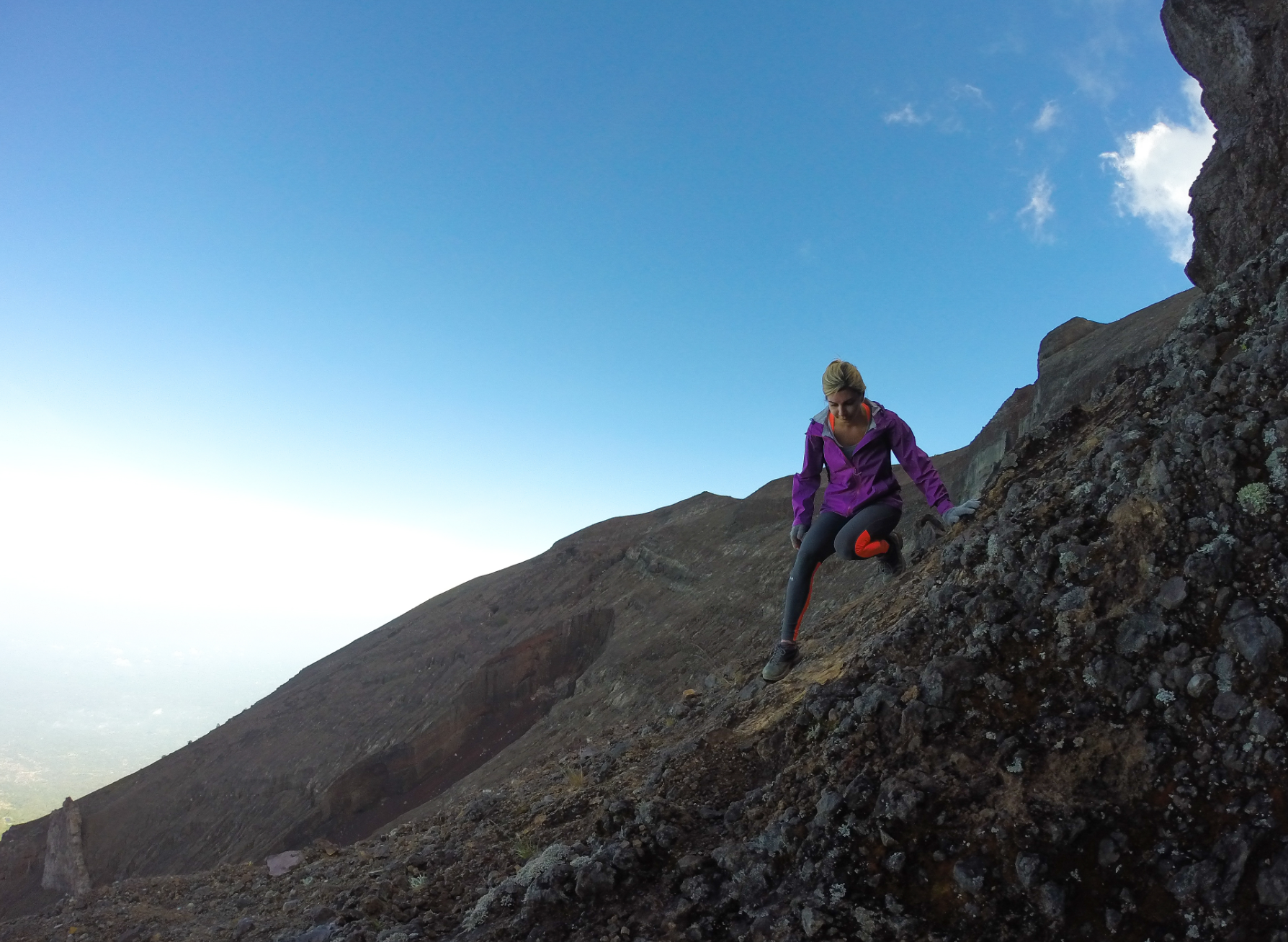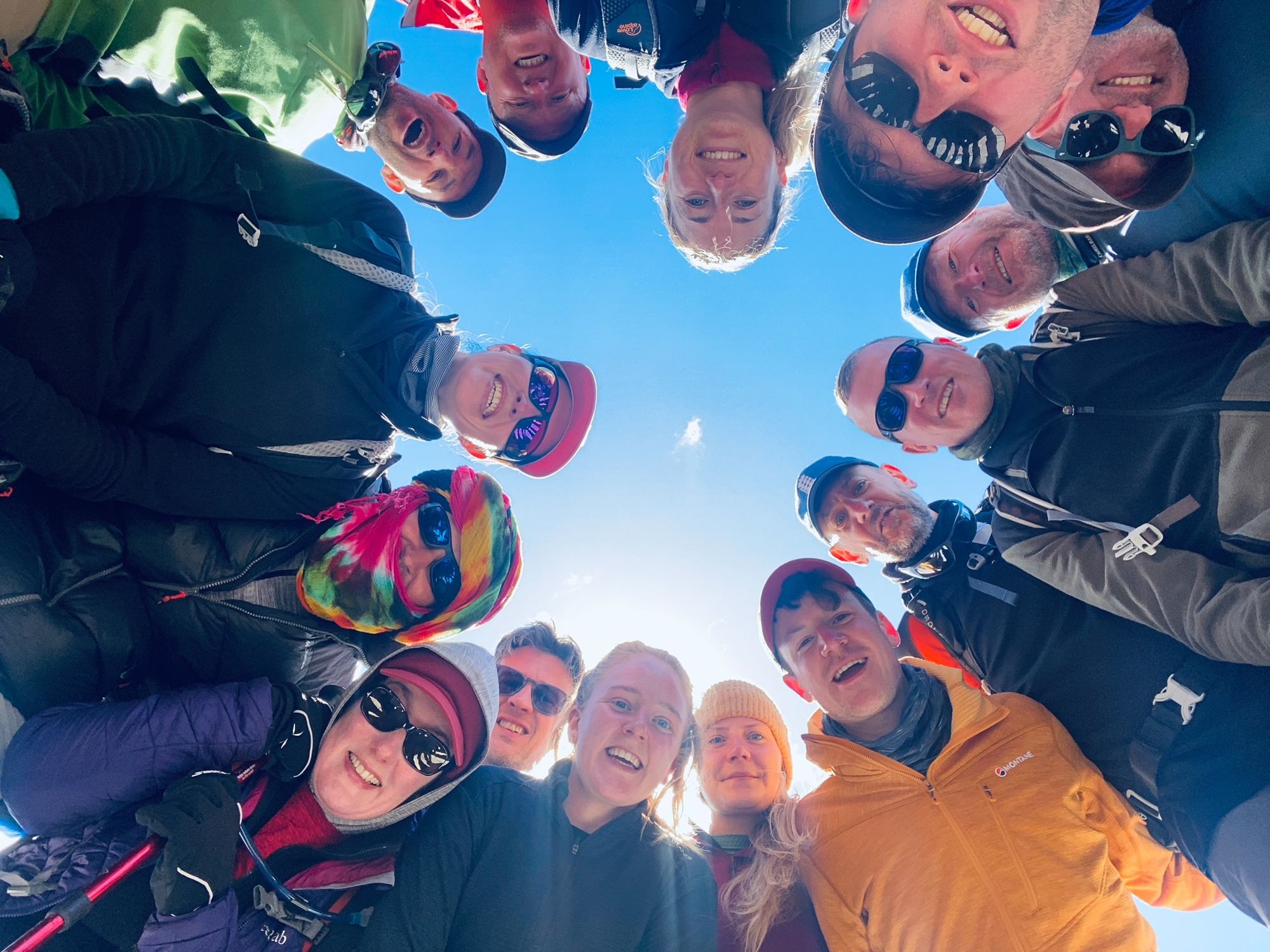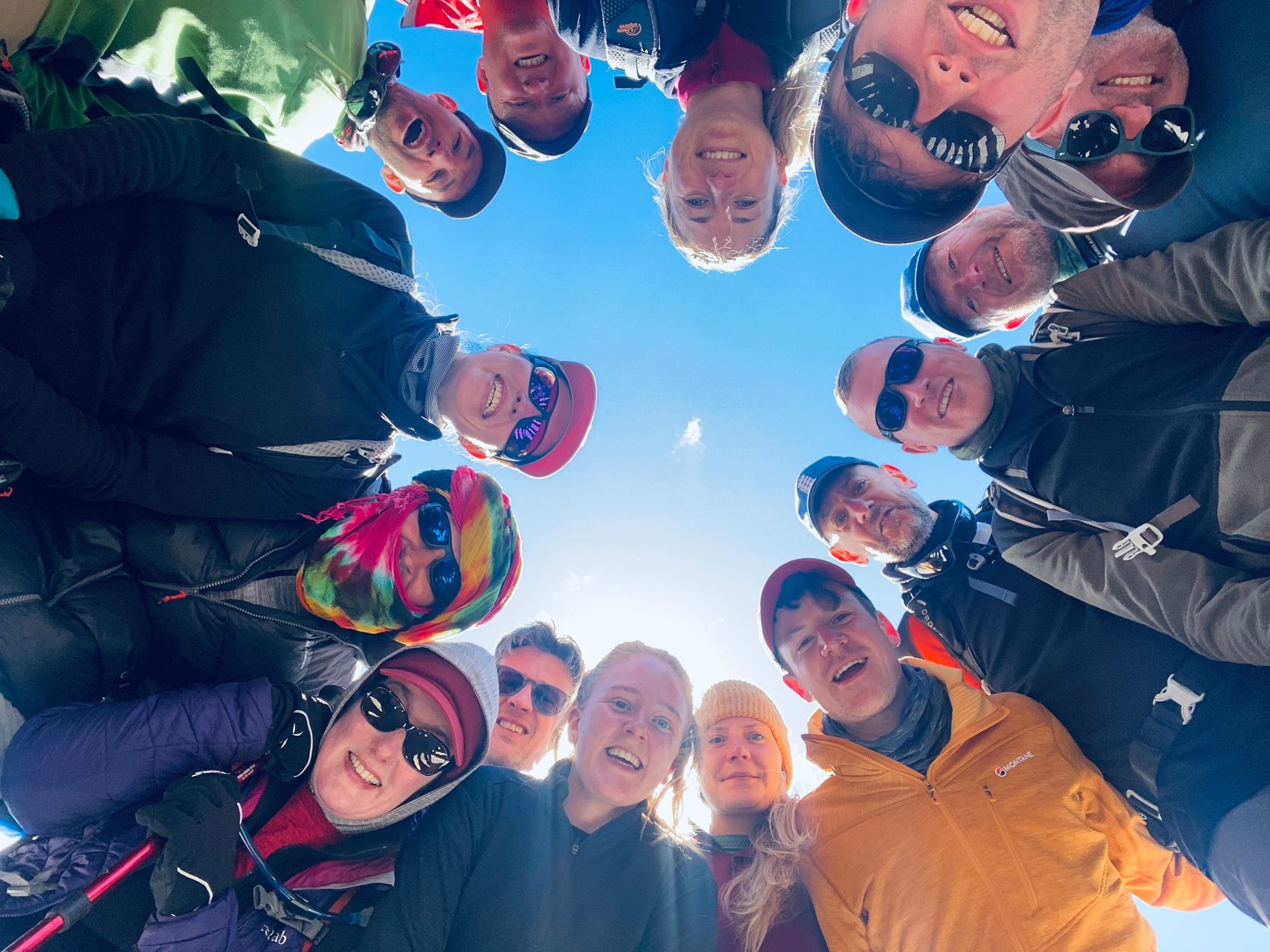
Most people have felt lonely at one point or another. After a breakup. Moving to a new city to pursue a job opportunity. When your friends settle down and have children. If you’ve ever felt this way, you’re by no means the only one. According to the World Health Organisation and many others, we’re in the grip of a loneliness epidemic, which is as damaging to your health as smoking 15 cigarettes a day.
Our 30s and 40s can feel like particularly difficult times for making friends. These tend to be the decades when our time is most limited - we’re focusing on our careers, developing romantic relationships and caring for young children or elderly parents. When faced with all these competing responsibilities, it’s our friendships which can atrophy.
You hit your early 30s, your friends have started to settle down and have children and their priorities shift
“As you get older, people's lives go in different directions,” explains friendship coach Hannah Carmichael. “The classic situation is somebody who is still single through choice or circumstance. You hit your early 30s, your friends have started to settle down and have children and their priorities shift. It doesn't mean they don't love you anymore. But it does mean that they're going to have less free time for you. There are a lot of people who hit their 30s and realise the kind of lifestyle they’re living needs a different type of friendship in it.”
But our social circles tend to contract after our mid-twenties, at precisely the time we might be in search of more like-minded people. So how do you make friends in your 30s and 40s? We spoke to Hannah about how to expand your social network and to deepen the friendships you already have.
Why Does it Feel Hard to Make Friends in Your 30s and 40s?
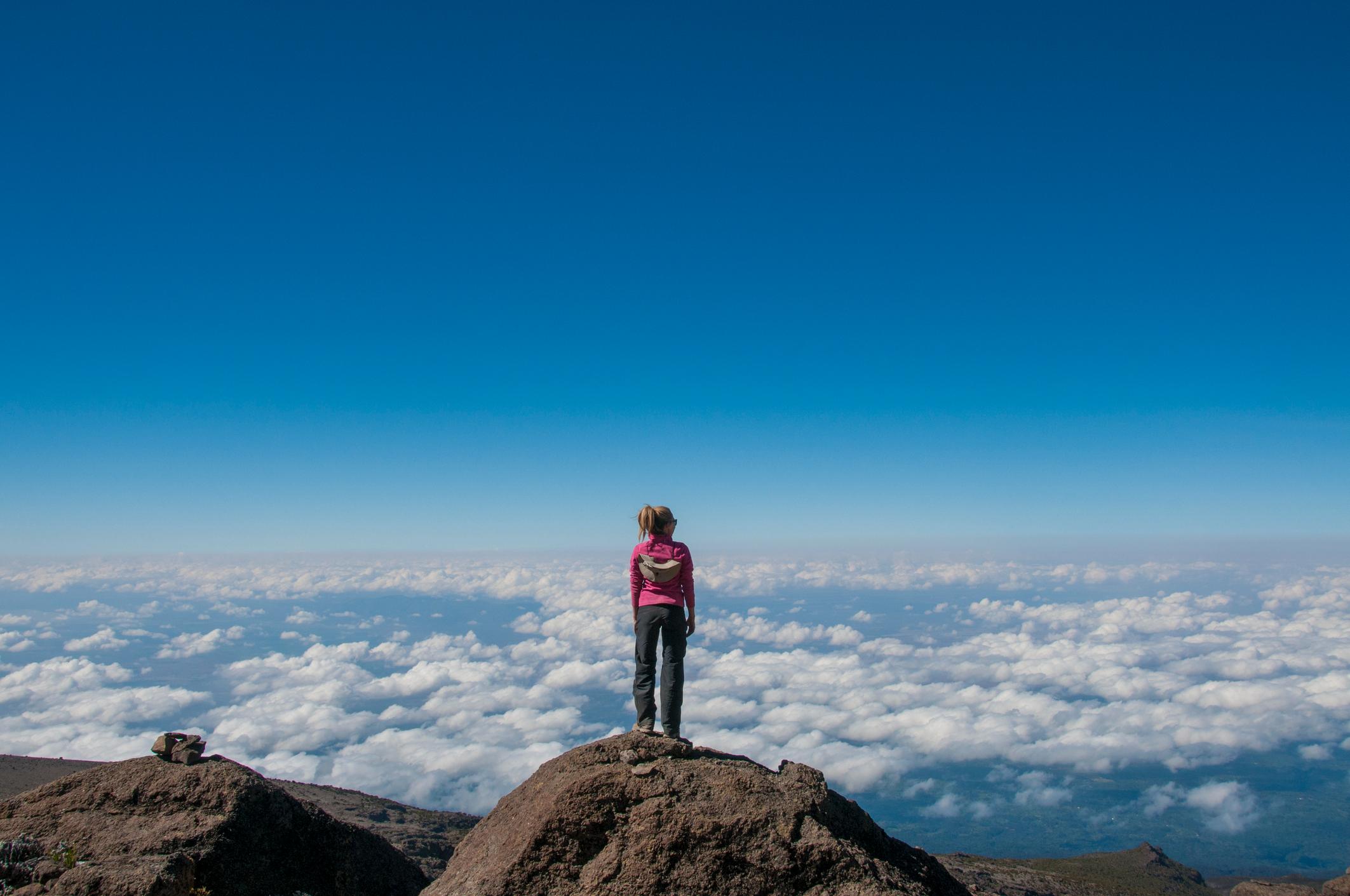
Any difficulty making friends isn’t just to do with you. The social fabric of modern life makes it increasingly difficult.
“Before the 1800s, people lived among their families, farming and more generally, living a more settled and locally based life. Their community was built in, not sought after,” psychologist Marisa Franco writes in Platonic. “With the rise of industrialization and of parents leaving home to work in factories, community bonds tapered."
Technology also has a role to play in our increasing isolation. On average, a British adult spends 28 hours and 18 minutes watching TV and streaming content each week (just over 4 hours a day) - time which, in previous generations, might have been spent connecting with friends and family. What’s more, as you approach adulthood, opportunities to make friends seem to diminish.
The way we make friends when we're kids is harder to replicate when you get older, because you need to be around the same group of people again and again
“We form friendships really organically as children,” Hannah says. “We sit next to the same people in class every day. We have playtimes with the same people. As we get older, we hang out with the same group of friends after school and at the weekends - if we go on to college or university, it's the same story.
“According to research, familiarity is one of the key determinants when it comes to making friends. When we're familiar with people we trust them; we know enough about them to know whether we like them. But the way we make friends when we're kids is harder to replicate when you get older, because you need to be around the same group of people again and again.”
Your 30s and 40s, Hannah continues, can also lead to situations in your life when your identity fundamentally shifts, and friendships you thought were solid don’t seem to endure.
“It can be anything. A divorce or a breakup, bereavement or a major illness. Even shifting jobs or moving to a different area means you’re redefining what it means to be you - that fundamentally affects your connections,” she says. “People sometimes treat you differently. It's not necessarily a bad thing. But navigating it can take up a lot of time and energy, and people don’t always expect their friendships to suffer.
The Importance of Friendships
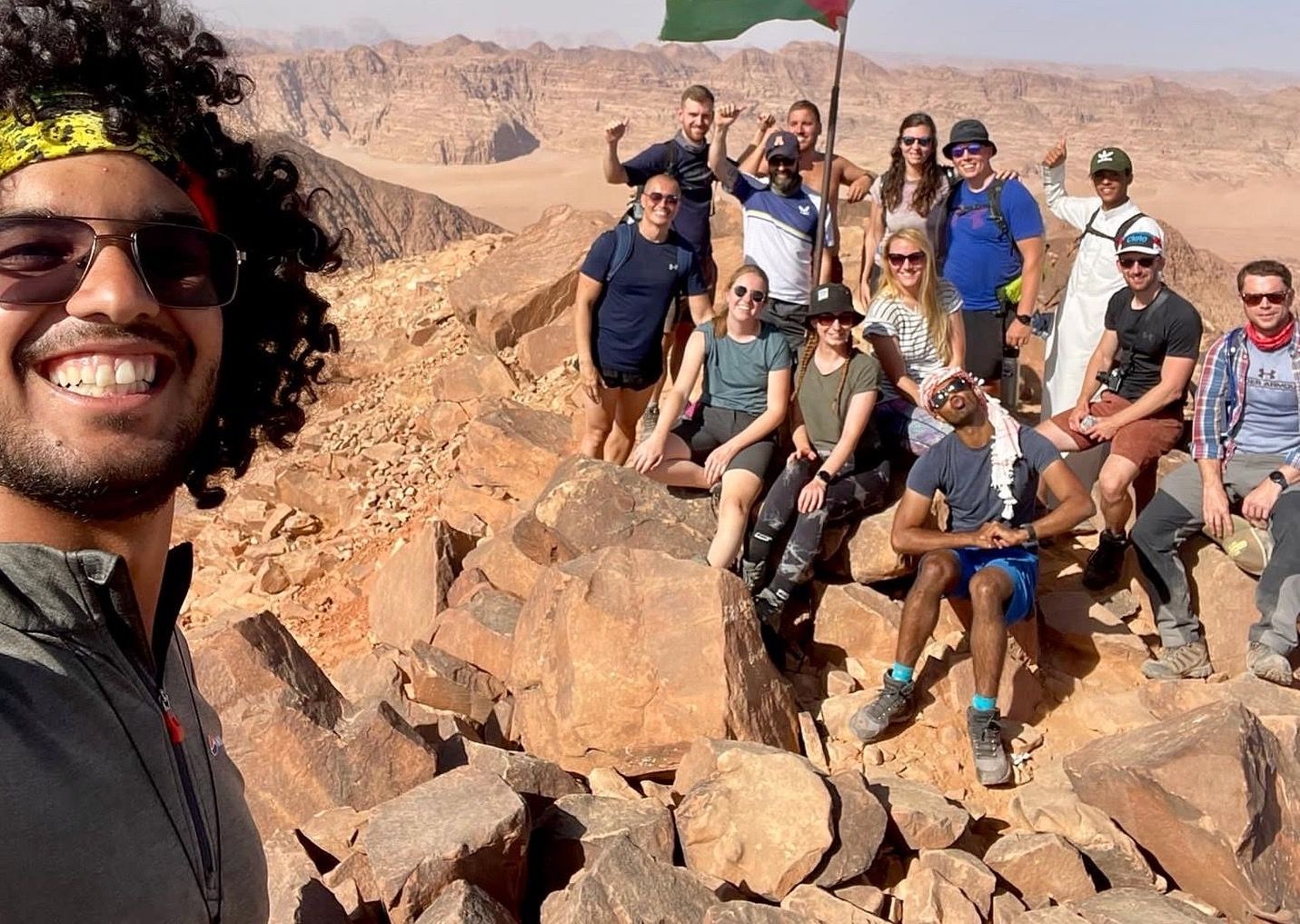
So why is it important to have friendships, especially when we’re increasingly time poor? The Harvard Study of Adult Development, the world’s longest-running study on human life, shows that the secret to good health and happiness is simple: having good relationships. The word ‘relationship’ tends to evoke our romantic partners and families, rather than our friends. But the power of friendship should not be underestimated - especially considering that there are more single people than ever before.
“Friendships are so important. Particularly if you don't have a romantic partner then friendship is how you get your emotional support and emotional intimacy, that sense of closeness and acceptance from other people,” Hannah says. “Even if we do have a romantic relationship, it's a lot of pressure to put on one person to meet all of our emotional needs.
“We're all social beings. It's very easy to fill our lives with activities and to be ‘doing’ all the time - that can give us a sense of purpose and satisfaction. But without those emotionally connected friendships it can be very easy to keep ourselves busy because we're feeling quite isolated and lonely.”
Friendships are so important. Particularly if you don't have a romantic partner then friendship is how you get your emotional support and emotional intimacy
Hannah also emphasises that it’s the quality of your friendship connections which is important, not the number of friends that you have.
“The definition of loneliness that we use these days isn’t an objective one. It's a subjective one. We say you are lonely if you don't have the quantity and quality of social connections to meet your needs, which recognises that we all have different needs for connection,” Hannah says. “As long as you've got the level of connection that is right for you, then you will feel satisfied.”
How to Make Friends in Your 30s and 40s
1. Think About the Type of Friendships You Want
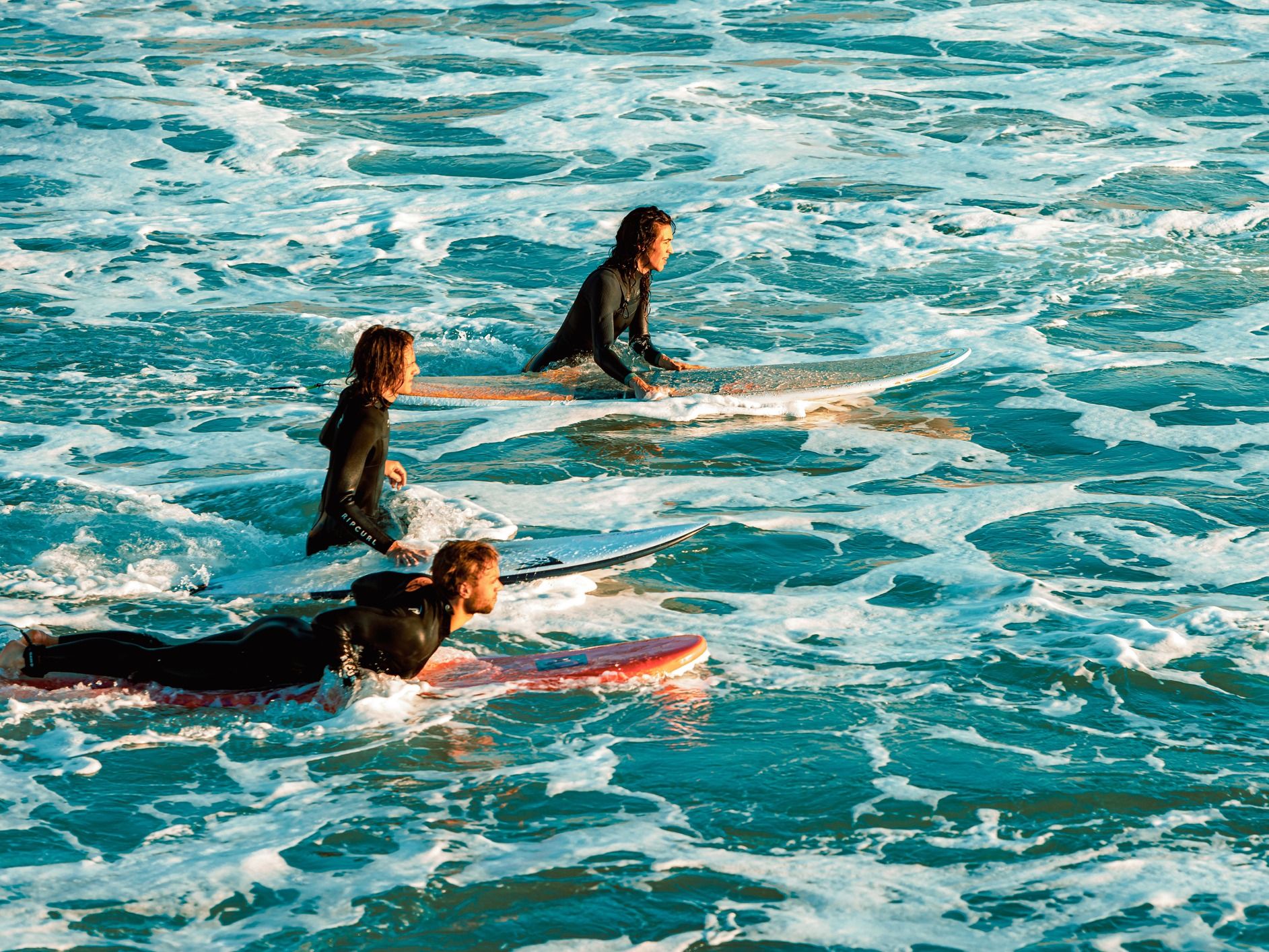
It’s important to ‘do friendship your way’ and think about the types of connection you want.
“The extrovert-introvert dichotomy is a really useful one,” Hannah says. “People who get their energy from social connection and from friendship will tend to have much wider circles of friends. But someone who is much more introverted will likely have smaller groups of friends, and will prefer one-on-one time.
“Think about what works best for you. Don't look at your friends and their friendship circles, think about what you most enjoyed in the past. Use that as your starting point.”
As long as you've got the level of connection that is right for you, then you will feel satisfied
Of course, this doesn’t mean that extroverted people shouldn’t be friends with introverts and vice versa. But it might mean that potential friendships can flounder without a steer in the right direction - like if your confident, fun new friend invites you to a party.
“Sometimes people who are extroverted don't realise how daunting it can be for an introvert to go into that kind of social situation,” Hannah says. “They’re making an overture of friendship, trying to show you that you can be part of their group. But you can explain to the person you’re trying to be friends with that big groups just aren’t your scene, and you’d prefer going for a coffee instead.”
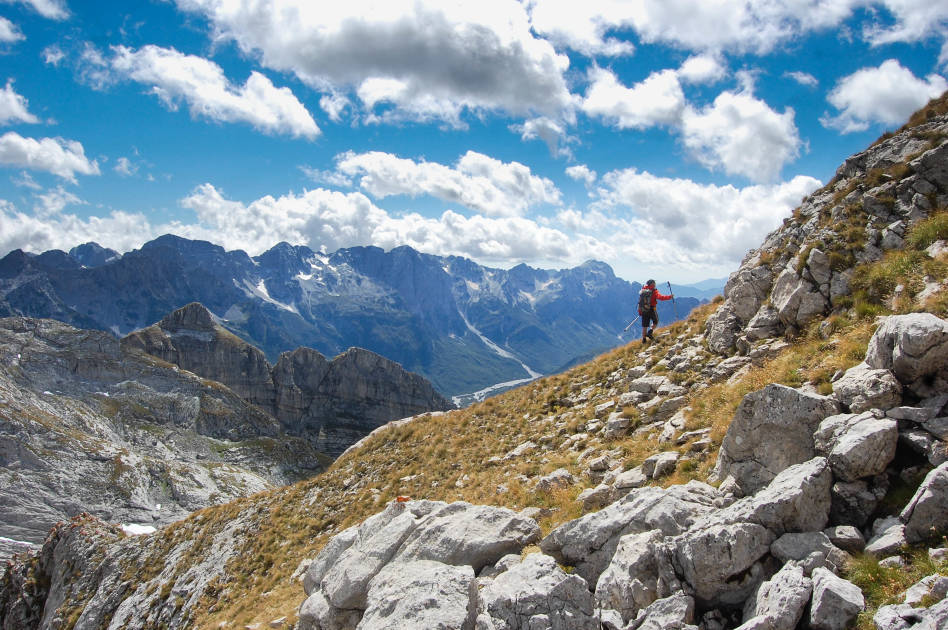
2. Let Go of the Friendships Which Don’t Nourish You
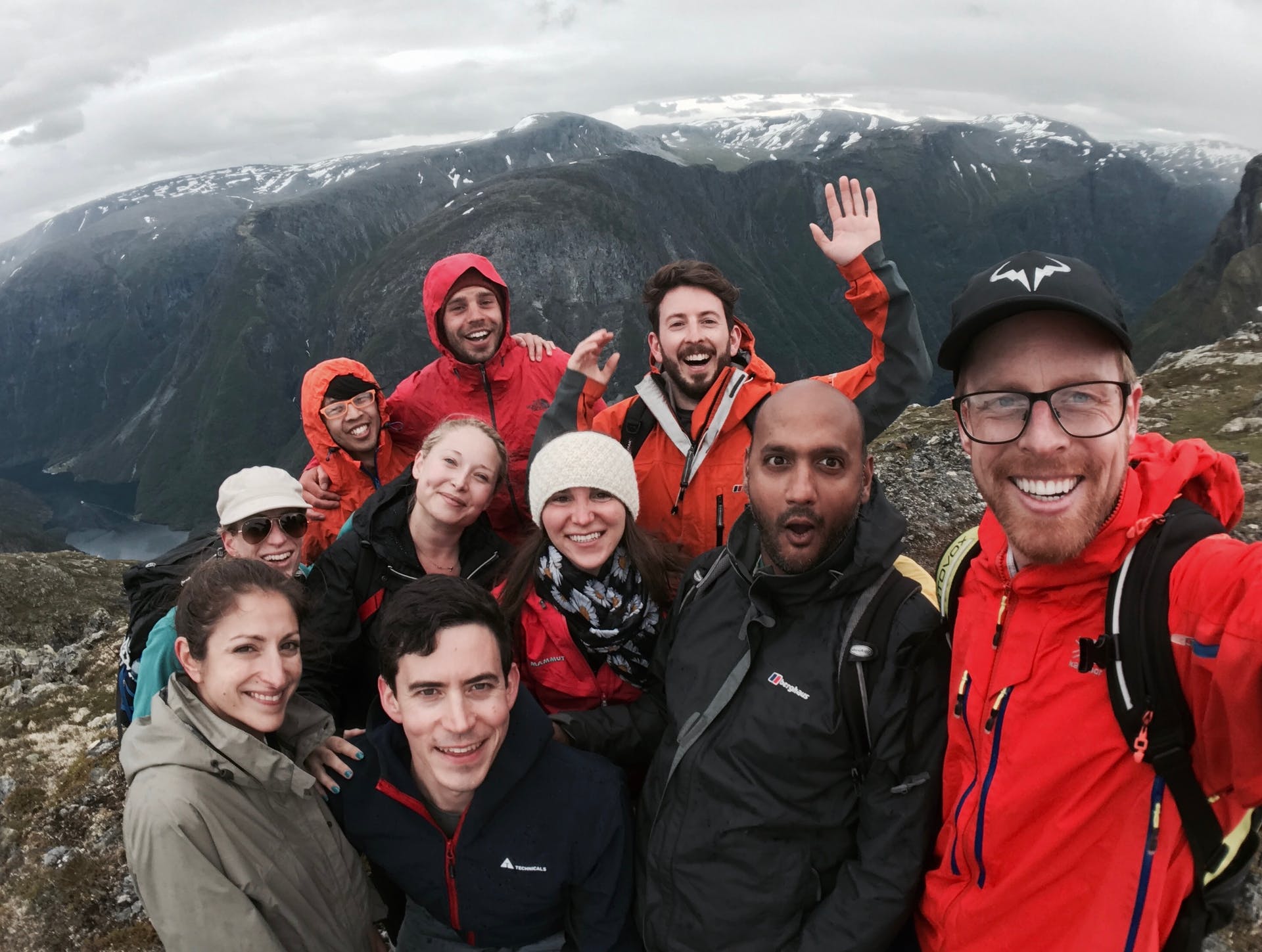
If you spend time with people who don’t make you feel good about yourself, and who don’t always reciprocate, maybe it’s time to re-examine these connections. Hannah has just finished writing a book on one-sided friendships.
“It’s called ‘Why Am I Making All the Effort?’ because that's how it can sometimes feel, particularly when we've been in friendships for our entire lives,” she says. “We get to a certain point and realise we have nothing in common with that person at all. If you're in that situation it’s worth asking yourself whether the friendship has reached the end of its shelf life and whether it's time to gently retire it.
“Our friendships go and in the same way that our romantic relationships do. And when old friendships leave your life, it creates space for new ones to come in.”
3. Do The Things You Enjoy
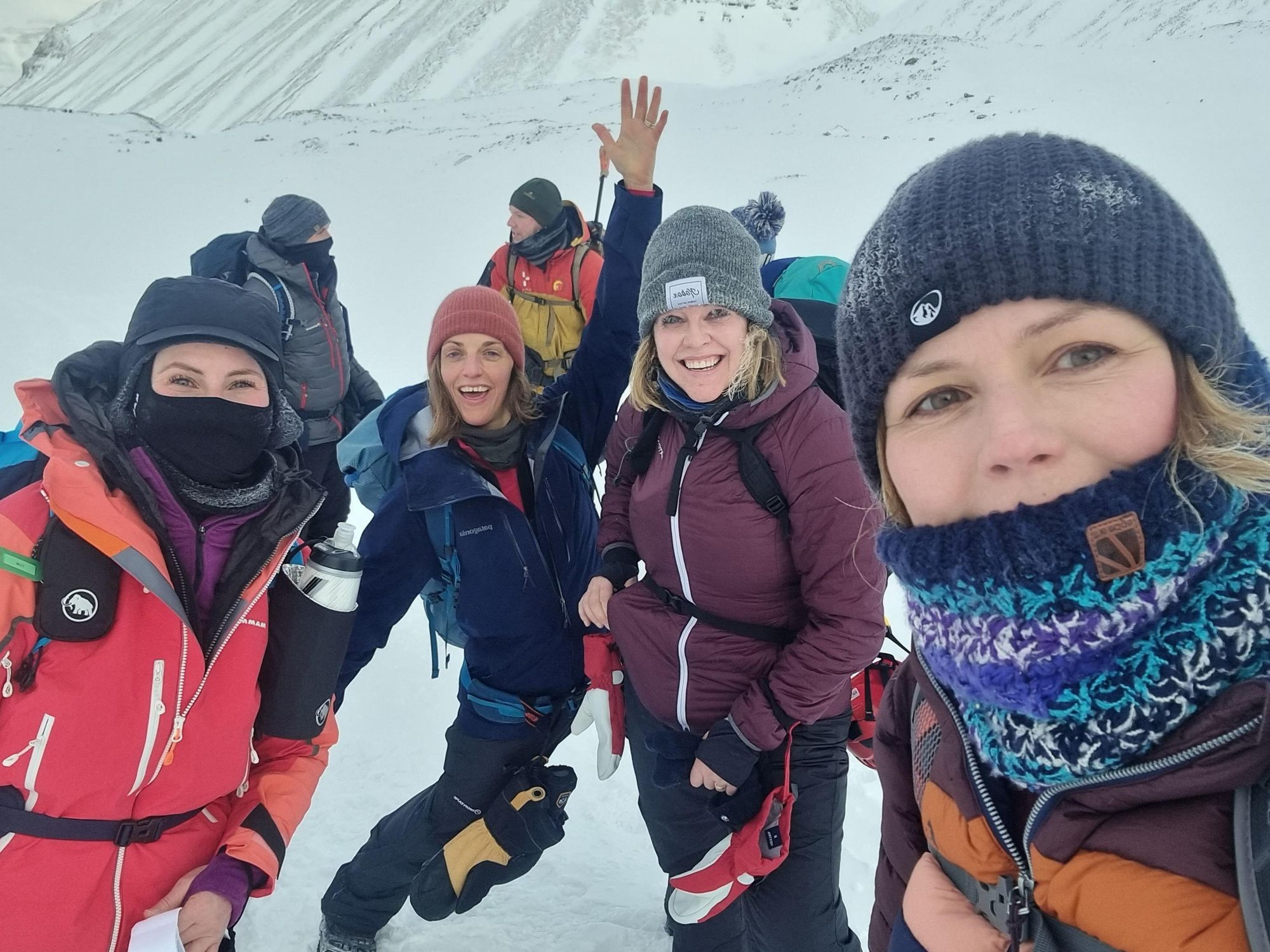
One of the best ways to meet new people in adulthood is through your hobbies. Social media makes it easier than ever to find local groups. Some, like team sports, are naturally more suited to making friends. But even solitary activities can be made social - bookworms can join a regular book group, for example. Alongside opportunities to meet new people, you’ll get a chance to do the things you enjoy.

“Any interest groups are such a great starting point because it gives you something to do together, something to talk about that you have in common,” Hannah says.
4. Try Events and Apps Geared Towards Making Friends
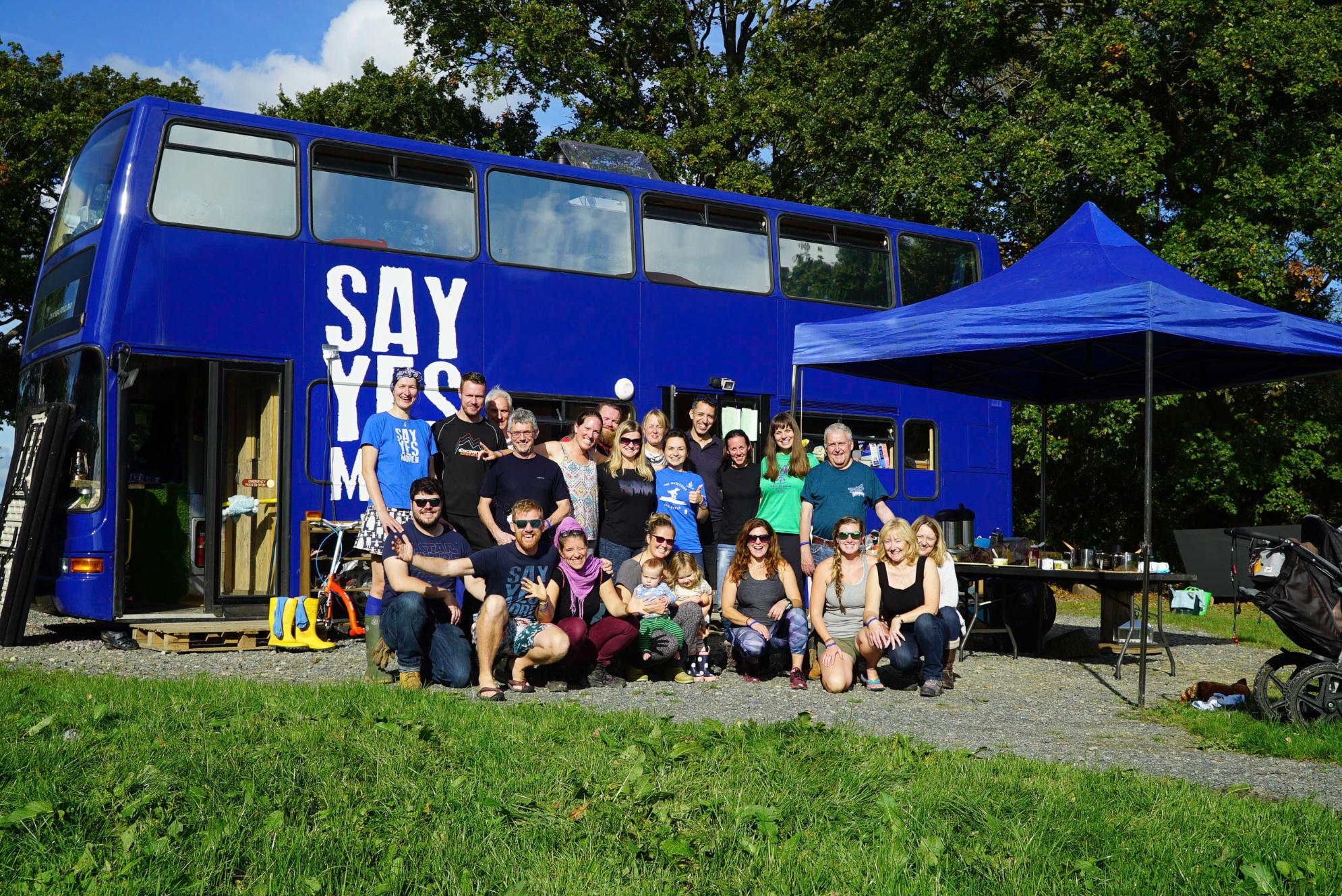
There are plenty of events and apps which have been created solely for the purpose of making friends. These can be particularly useful when you’re looking to widen your circle - when you’ve just moved to a new town, for example. Meetup.com is one of the best places on the net to find social events in your local area. We also like the Yes Tribe, which is more adventure-focused - local groups organise social events outdoors, such as campouts or barbecues.
It’s easy enough to find such groups. The difficult part is plucking up the courage to attend events, and actually approaching people.
“It’s a numbers game,” Hannah says. “If you walk into a room and there's 20 people there, just in terms of sheer probability there's going to be one or two with whom there's potentially a basis for a friendship. To find them, you need to put yourself in front of as many people as possible.
“For someone who’s more introverted, that’s going to feel quite daunting. A lot of the time people will go to one meet up, and if they don’t meet anyone they decide not to go back. But you’re not going to meet anyone sitting in your bedroom.”
5. Get Outdoors
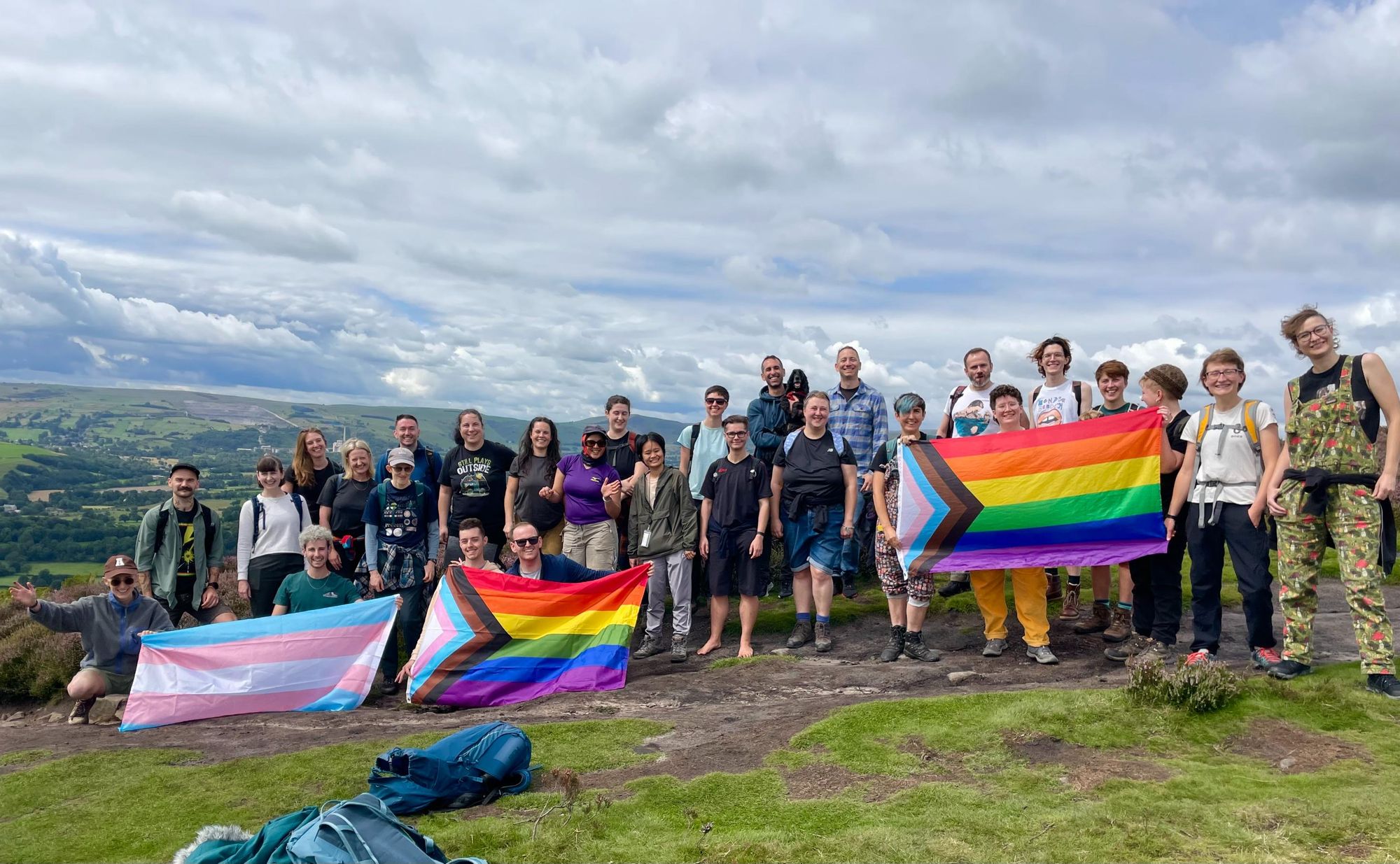
It’s scientifically proven that being outside helps you bond with others. Being in nature can help increase your cortisol levels and decrease your heart rate, making you more open to bonding with others.
There are an increasing number of organisations helping people bond outdoors. Queer Out Here hosts day hikes and longer trips for the queer community. Men and Mountains is a men’s hiking group set up to help men expand their social networks. Mental Health Swims hosts regular, safe and inclusive outdoor swimming sessions. There are plenty of other local outdoor groups, who are very supportive of new members.
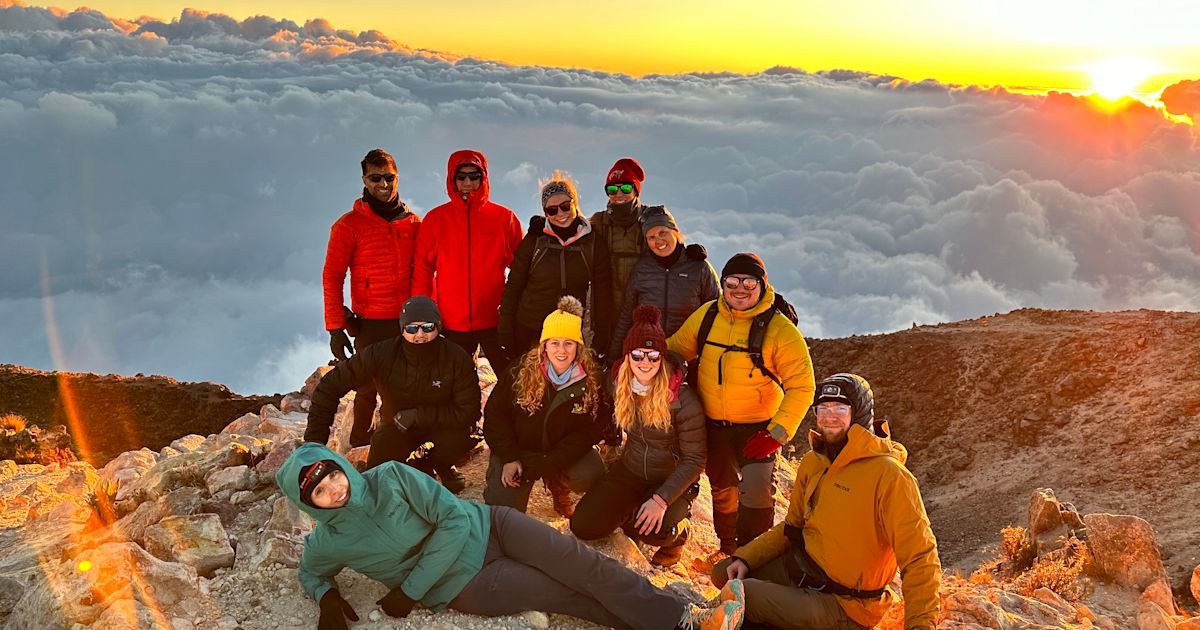
“The nature of a long walk means that you usually have an opportunity to chat to lots of different people,” says Ailish Breen, founder of Queer Out Here. “You can drift back and forth between groups if you want to. You wouldn't stand out if you were just walking along next to people but not chatting, if that feels overwhelming. It's a bit less intimidating than sitting in a group setting and having to meet people that way.
“Lots of people come on their own at first, so if someone does that they're not going to be the only one. Most people are looking to mingle and chat - finding community and making friends is a big motivator for people coming out.”
6. Initiate Conversation
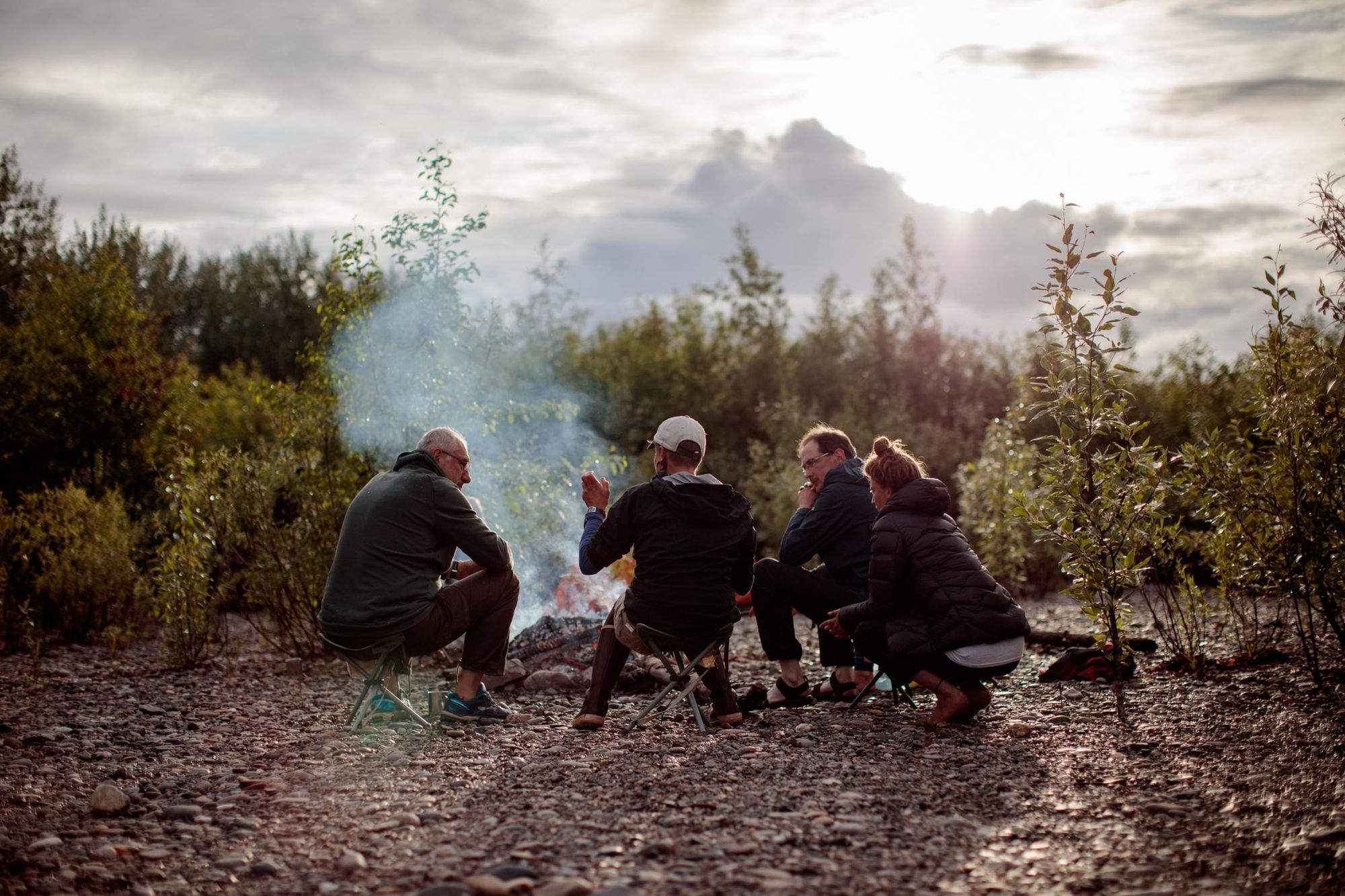
You can attend all the clubs and events that you want, but if you never step out of your comfort zone to talk to people, you’re not going to build relationships. This can be daunting, especially if you aren’t a particularly secure person. In Platonic, Marisa Franco highlights the importance of cultivating the ‘acceptance prophecy’, which is to proceed with the expectation that people will like you.
“Want to invite a friend on a coffee date? Assume they’re interested. Tempted to ask a gym friend to be a happy hour friend? Assume they do. Want to reconnect with a friend you’re sad to have fallen out of touch with? Assume they’re in. When we make this assumption, initiative isn’t scary any more. And this assumption not only makes us more likely to take initiative, but to navigate the friendship making process, and life, with more peace, levity and pleasure,” she writes.
We spend a lot of time thinking about how to make people like us, but we should ask ourselves more about who we like, because it needs to be a two way street
Hannah highlights the importance of being intentional when you reach out to people. “When you’re doing activities, have a think about who you have a laugh with, who is showing interest in you. Who do you think could potentially be a friend in the future?” Hannah says. “We spend a lot of time thinking about how to make people like us, but we should ask ourselves more about who we like, because it needs to be a two way street.
“Shared interests are a great starting point, but then after that you have to be prepared to give people a little bit of yourself. I think about it like peeling an onion. Your small talk is your safe ground. It's not the deepest conversation, but it's where you get to suss people out a little bit. The next level down is sharing something. If that goes well and the person responds in a way that makes you feel safe, maybe the next time you give them a little bit more of yourself.
“It's about gradually building authenticity and deepening connections. Good friendships take time in the same way that romantic relationships do .”

7. Go On A Small Group Adventure
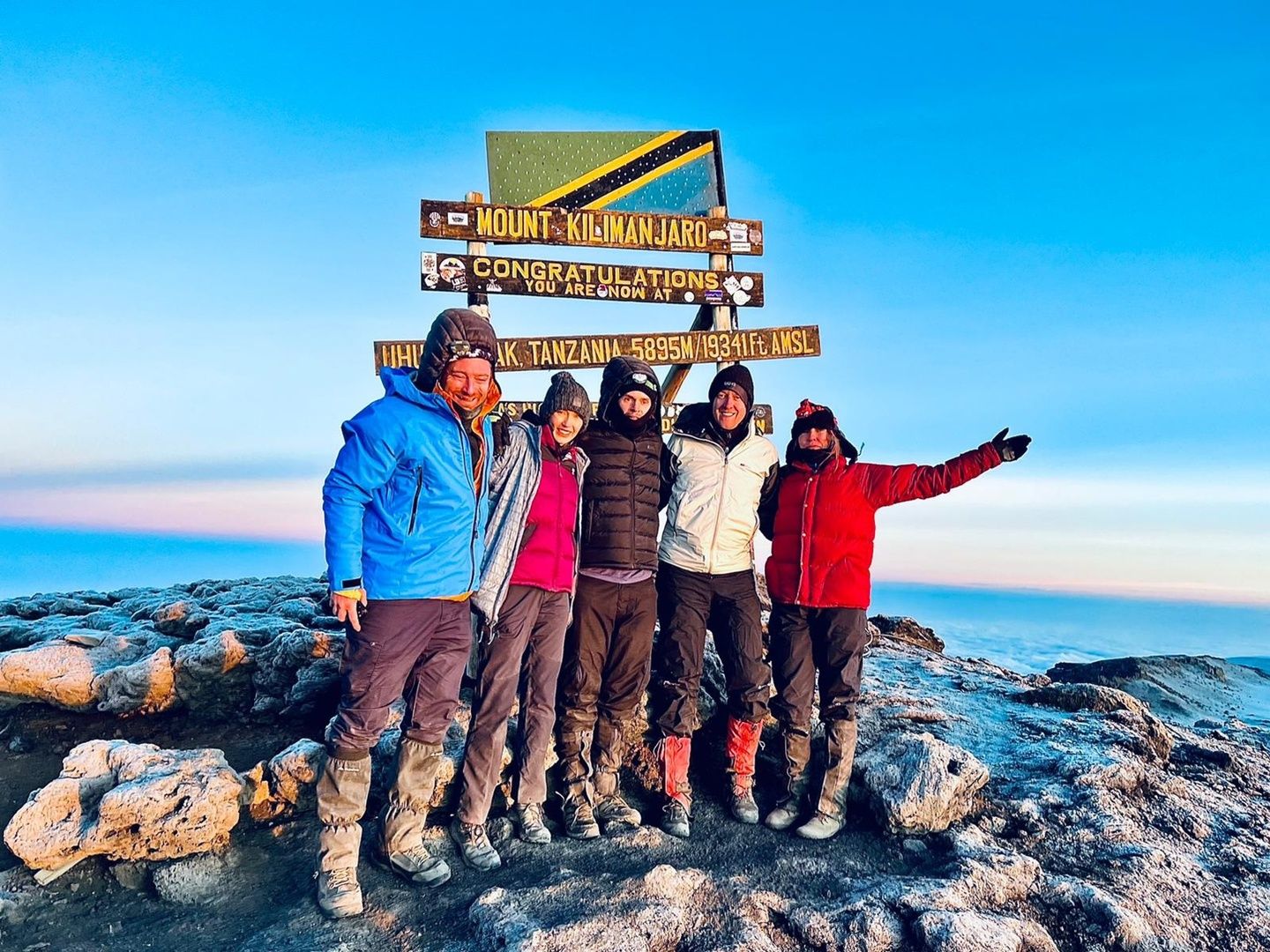
Another brilliant way to make friends is to go on a small group tour. You’ll be thrown together with a group of like-minded people, spending days at a time together, doing activities that will help you bond. Hannah, who has been on several adventures herself, agrees with this assessment.

“Go on a Much Better Adventures trip because they're fantastic,” she says. “I think we all put on a bit of a front when we meet new people, but if you're in an environment where you're being pushed out of your comfort zone, problem-solving together out in the fresh air, all of that gets stripped away and you're forced to be your authentic self.
“My experience of adventures, whether it's day trips or weekend trips or longer trips, is that you form very deep connections with people very quickly. There's much more of a chance that you're going to do that because you're just forced to be you and everyone else is forced to be them - that's really powerful.”
Other trip participants agree. Much Better Adventures conducted a friendship survey with 373 participants, and 72.7% met people they would now consider friends. These friendships have lasted beyond the trips in various forms, whether that's meeting up for other adventures, a WhatsApp group chat or even a new bff.
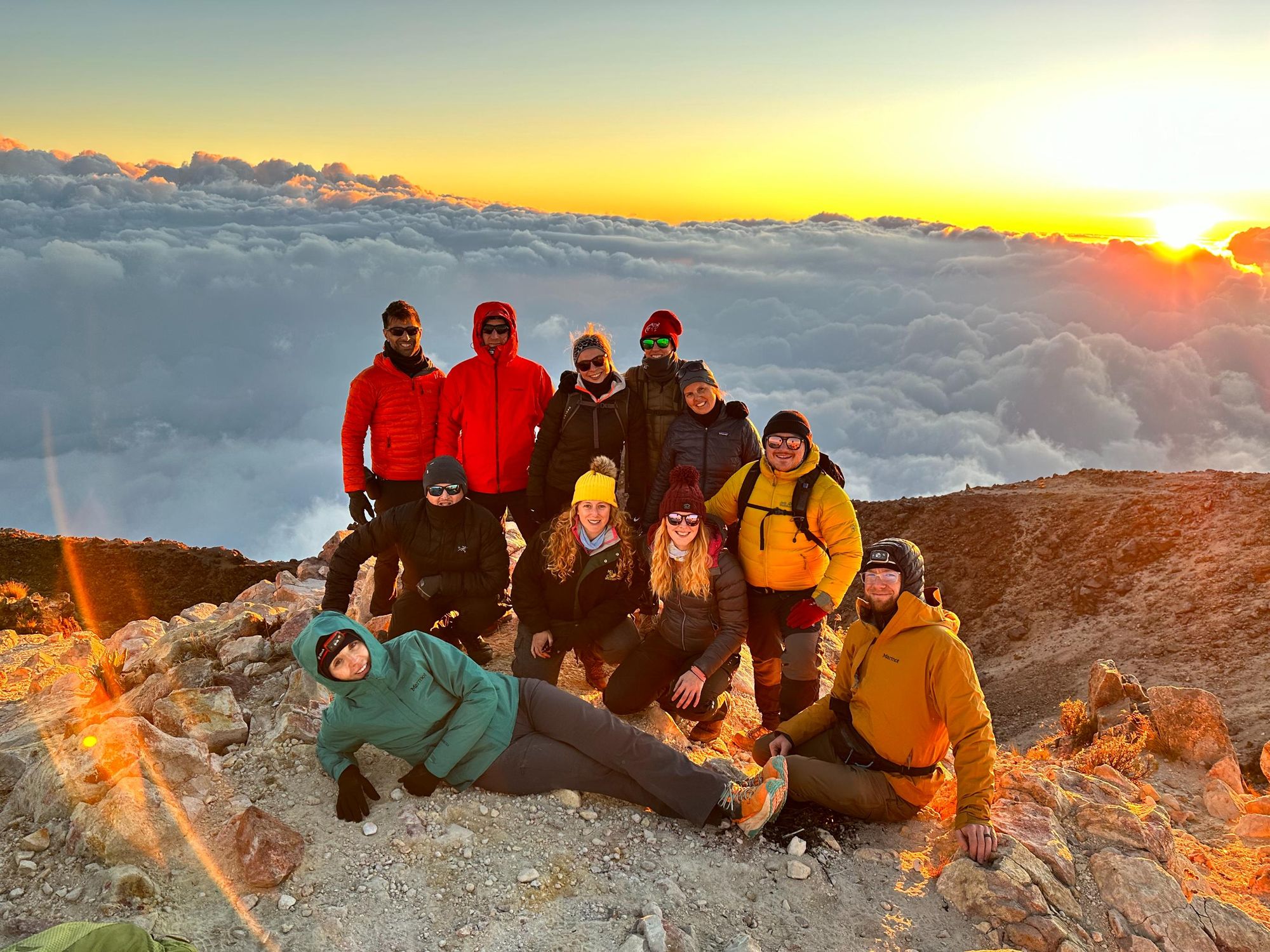
Some of the survey participants also shared anecdotes on the trips they'd been on. “As a visually impaired person it really helps when people look out for me and offer me assistance when needed," one wrote. "I've found that generally other people on the trip are happy to help, which gives me a lot of peace of mind. Also on previous trips I've met people who've stayed friends, just not on the most recent one.”
Another said: “before my trip to Slovakia I had recently had surgery and had been bed bound for 2 weeks. It was my first time travelling solo and I had been really worried about joining this tour. I am so pleased I decided to go as the people on my trip were amazing. I hadn’t laughed like that in years! I grew close to a few fellow adventures and stayed in touch once I arrived home. We have met up since our trip, exploring Wales and the Isle of Arran.”
One Much Better Adventurer even found a new best friend. “On the first day of our kayaking trip, this woman looks right at me and says "Who wants to paddle with me in the double kayak?" She didn't break eye contact until I said "OK!" We've been on loads of road trips, festivals and foreign adventures together in the last year and she's become one of my closest friends,” they said.
Inspired? All of our tours are perfect for solo travellers, with a 75% of our Much Better Adventurers joining a trip solo. Ready to make some new friends? Let's go!
